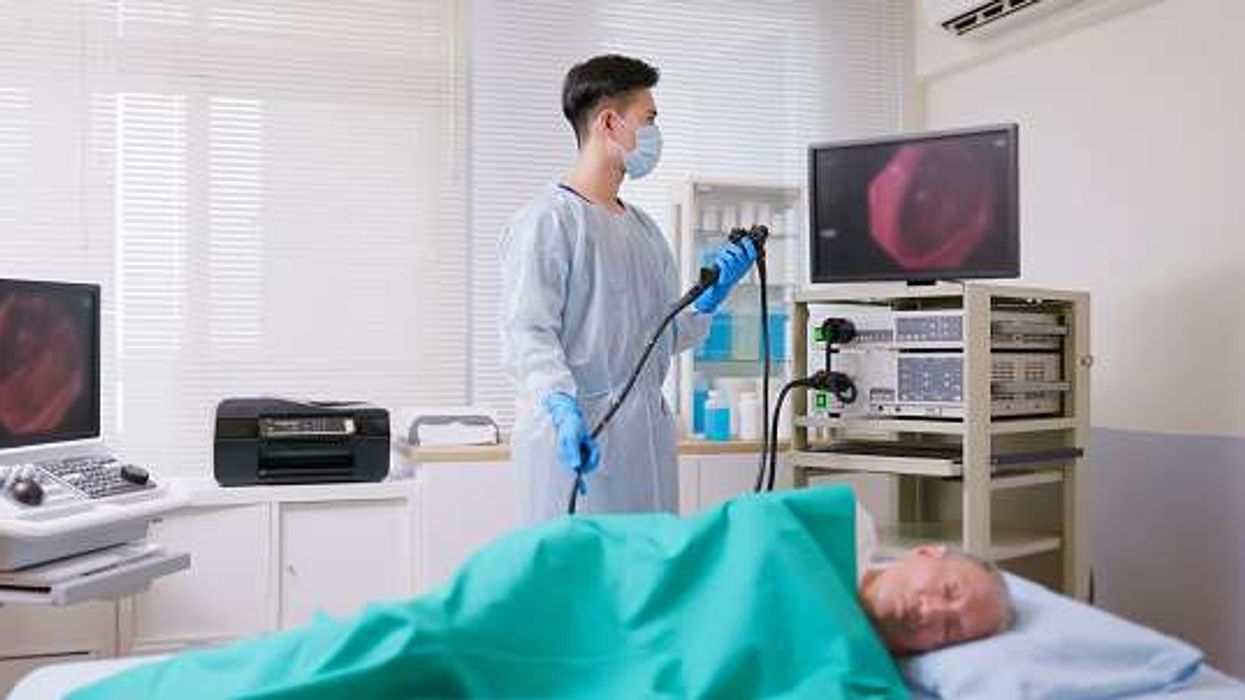Amidst growing pressure from the industry stakeholders to postpone or scrap the registration assessment of provisionally-registered pharmacists, the GPhC has decided to move ahead with the exam schedule announced earlier.
Provisionally registered pharmacists, pharmacy professionals, and sector bodies have called on the GPhC to delay the move to hold registration assessment in March at a time when the entire nation is fighting with Covid-19 pandemic which requires the service of frontline healthcare workers including pharmacists.
Active participation of the provisionally registered pharmacists is key to maintaining pharmacy services and limiting the rising workload on pharmacy teams.
Leyla Hannbeck, chief executive at Association of Independent Multiple Pharmacies said: “The registration exam for the provisional registrants need to be either delayed or abolished. There are massive workforce issues on the ground due to the new strain of Covid and the provisional registrants are key to helping our members.
“These are unprecedented times and we are in state of emergency as a country with pharmacies being on the frontline hence we are asking the decision makers to show flexibility around this.. AIMp has raised this issue with the chief pharmaceutical officer to look into”
“Time for @TheGPhC to abandon the assessment and register all provisionally registered pharmacists immediately unless previous tutor or current employer has concerns,’ Martin Bennett, a pharmacist and chairman of Associated Chemists (Wicker), wrote on Twitter.
Calls to scrap or delay the 2019-20 exam for provisionally registered pharmacists have grown louder after Britain entered a third national 19 lockdown this week following a steep rise in virus cases.
Pharmacy students have also raised their concerns about travelling to a test centre during the pandemic and a need of assessment when many of the them have already worked as provisionally-registered pharmacists during the pandemic.
GPhC kept situation under 'active review'
In response to the growing pressure to abandon the scheduled assessment, the General Pharmaceutical Council (GPhC) told Pharmacy Business that it would hold the assessment process in March as scheduled, adding that it will “continue to keep the situation under active review.”
The GPhC added: “We wrote to candidates yesterday (Jan 5) evening to inform them that as it currently stands, Pearson VUE have confirmed that their test centres will remain open during the pandemic for health regulation examinations, including under national lockdowns.
“Pearson VUE test centres have remained open for key assessments throughout the pandemic, including during the first lockdown in March 2020. All Pearson VUE test centres are Covid-secure and follow social distancing guidelines.”
The pre-reg exam for the year 2019-20 was postponed in April, 2020 in response to the Covid-19 pandemic and rescheduled for March 17 and 18, 2021.
In November, the GPhC, in an announcement, confirmed that candidates would take the online exam at various Pearson VUE test centres.
GPhC must act compassionately: RPS
Meanwhile, issuing a statement on Friday (Jan 8), the Royal Pharmaceutical Society (RPS) said while it recognises provisional registrants' exam concerns, it believes the March assessment should go ahead.
The RPS said: "There are many trainees that have been unable to work as provisional registrants and whose lives and careers have been significantly impacted by the prolonged delays to the registration assessment.
"For these individuals, we believe the March assessment should still take place but that there should be as much flexibility as possible for them to choose to sit the examination remotely, outside of a physical assessment centre, if they prefer."
However, it warned that trainees should think carefully about being “fit to sit” and should delay until the next sitting if they feel that they are unable to prepare adequately due to their individual circumstances.
"If they do feel they will be ready to sit, we encourage them not to delay in applying to the GPhC."
In the wake of "exceptional circumstances" due to the Covid-19 pandemic, the RPS urged the regulator "to act compassionately, flexibly and, above all, quickly to address the very real concerns from provisional registrants and their employers to the current situation.
"Holding a delayed examination in the midst of a pandemic makes it very challenging for trainees to prepare adequately and perform to their full potential."
It also pointed out that the use of a single point high stakes assessment for entry to the register is flawed and the weaknesses of this approach have been exposed in the pandemic.
"We encourage the GPhC to adopt a different approach moving forward that uses multiple assessment points over a longer period and is more resilient to changing circumstances."











